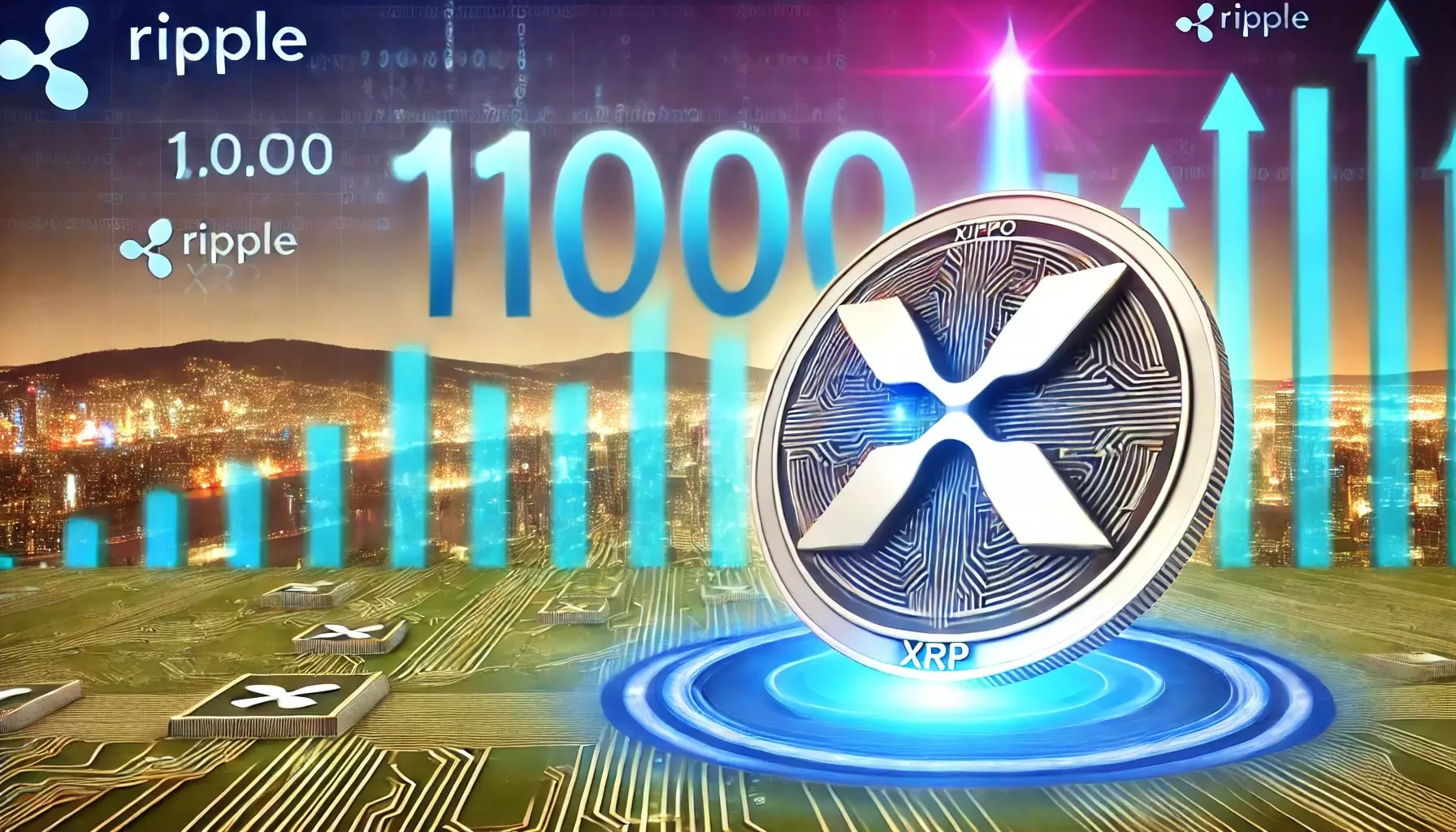In the realm of cryptocurrencies, XRP has stood out for both its ambitious vision and an enduring sense of contention. Despite witnessing a lackluster price performance over the past three years—compared to the meteoric rises of Bitcoin and various altcoins—the XRP community remains tentatively optimistic. They believe that XRP’s price could eventually soar to remarkable heights, with some forecasts suggesting a potential leap to $1,000 per token. This expectation, however, raises questions about feasibility against the backdrop of market dynamics, investor sentiment, and practical implementations of XRP’s intended use cases.
XRP has consistently battled against a flood of skepticism and bearish trends. Amidst a thriving crypto market where many cryptocurrencies reached unprecedented peaks, XRP has stagnated, contributing to growing despondence among its investors. This stagnation has not diminished the zeal of the XRP community, who uphold a self-belief imbued with hope that the altcoin is on the precipice of breakthrough growth. While optimism is a critical component of the cryptocurrency landscape, it must also be tempered with a grounded analysis of market realities.
The soaring prices seen in other cryptocurrencies have amplified the scrutiny of XRP’s performance. Many observers question whether XRP’s unique value proposition—namely its ability to facilitate faster, cheaper transactions in global banking—can indeed manifest into substantial price appreciation. How does XRP genuinely capitalize on its designed utility? Until the altcoin can demonstrate measurable integration into the world financial system, its price will likely remain in a limbo.
Value Proposition and Bank Integration
At the heart of XRP’s potential lies its integration with banking systems—a selling point that once fueled enthusiastic investor support. RippleNet, the payment protocol associated with XRP, is designed to provide a cost-efficient alternative to SWIFT, which currently handles trillions of dollars in daily transactions. While proponents like CryptoTank highlight the savings potential for banks, with transaction costs being significantly lower than traditional banking fees, this potential still hangs on whether XRP can decisively penetrate the banking sector.
CryptoTank also presents the prospect of a significant volume influx should RippleNet capture even a fraction of SWIFT’s business. The $5-$7 trillion turnover from SWIFT demonstrates the immense market waiting to be tapped, but this raises some critical concerns. How much of that market can realistically be captured by RippleNet? The more ambitious the target—like the aforementioned 10% share—the more unlikely XRP’s price would need to explode to sustain such volume effectively.
The speculation around XRP potentially reaching $1,000 has sparked both fervent discussions and fierce criticisms. The recent question posed by Uphold regarding how traders would respond if this price point were achieved has only fueled such debates. However, the mathematics underpinning this dream present a sobering reality. For XRP to attain $1,000, the market cap would have to swell to an astronomical $100 trillion—an amount five times greater than the current total value of all cryptocurrencies combined.
On-chain investigator TruthLabs has contested such bullish predictions, arguing that achieving this price would require a monumental shift in market cap that simply isn’t plausible under current conditions. The skepticism offered by TruthLabs should not be dismissed lightly; realistic investment strategies need to be grounded in achievable projections that account for prevailing market fluidity.
XRP stands at a crossroads, wrestling with various challenges that impede its ascent while also clinging to a promising vision of revolutionizing the financial infrastructure. The question remains: Will XRP’s aspirations materialize into tangible gains in price and adoption? As discussions around price predictions mingle with serious analytical skepticism, investors are left to grapple with a mixture of hope and caution. The future of XRP can hinge not just on speculation but on its ability to tangibly integrate into the vast infrastructure of global finance. Only time will tell if the zeal that fuels the XRP community can translate into actionable utility that can redefine the altcoin’s trajectory.



















Leave a Reply